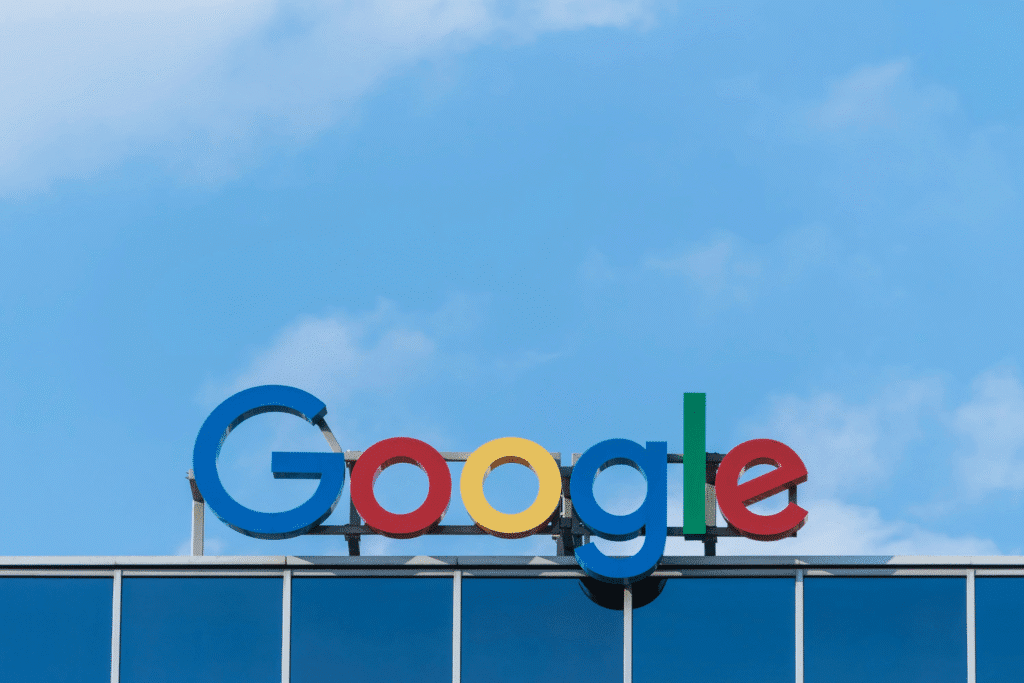Mexico’s competition authority is nearing a decision on whether Google has abused its strong position in the country’s online advertising market. If found guilty, Google could face a fine amounting to 8 percent of its annual revenue in Mexico. That would be one of the largest penalties ever issued by Mexico’s Federal Economic Competition Commission, known by its Spanish acronym Cofece.
Cofece began investigating Google Mexico in 2020. This inquiry began over concerns that Google may have unfairly dominated digital advertising in the country. In 2023, it officially moved into its trial phase by issuing a formal summons to the company. Google responded by presenting its arguments and data to contest the accusations. Cofece also obtained Google’s financial details from Mexico’s tax authority, SAT, as part of its fact‑finding process. An important step in the case was an oral hearing held on May 20, when Google lawyers and Cofece representatives presented their final arguments.
The decision is expected by June 17. Under Mexican law, authorities can fine companies up to 8 percent of their yearly domestic earnings if they are found to engage in monopolistic behavior. Since Google does not publicly break out its revenue by country, the exact amount is uncertain. However, the tech giant’s “other Americas” segment — which covers Latin America — generated approximately $20.4 billion in revenue in 2024. If a similar scale applies to Mexico, the fine could be immense.

Google and its parent company, Alphabet Inc., have declined to comment on the ongoing investigation. Nevertheless, this case mirrors similar antitrust concerns Google has faced elsewhere, particularly in the United States, where regulators have repeatedly accused the company of abusing its dominance in search and advertising.
At a public event in 2020, Lina Ornelas, Google Mexico’s Director of Public Policy and Government Relations, defended the company’s position, saying, “Being big isn’t bad. What matters is that you don’t take out any competitors with your products, even though yours can be very efficient, and that’s why you have more users.” Google is now awaiting Cofece’s final determination.
Should the commission decide against Google, the company may apply for an injunction to delay payment while a specialized court reviews the case. Such legal mechanisms are quite common in Mexico in high‑profile antitrust cases.
Cofece has previously issued large fines in cases involving collusion among companies. For example, in 2022, it fined gas distributors a total of 2.4 billion Mexican pesos, about $126 million, for price‑fixing. That underscores how seriously Mexico treats monopolistic and anti‑competitive conduct.
Although Google does not disclose country‑by‑country revenue, a fine based on its Mexican earnings could become one of the largest ever imposed by Cofece. The case highlights how authorities are increasingly scrutinizing powerful tech companies around the world. In the U.S., Google has already faced a shifting tide of legal challenges over its dominance in search and advertising. Now, Mexico is joining those efforts.
Mexico’s competition watchdog argues that Google’s dominance in digital advertising restricts rivals and harms consumers. By controlling a large share of the market, Google may be able to impose higher prices or limit options for advertisers. The investigation will test whether these practices violate Mexico’s competition laws.
With the June 17 deadline approaching, all eyes are on Cofece. A ruling against Google would mark a major victory for the commission and send a strong message about digital market regulation in Latin America. It would also raise questions about how Google operates in major economies and the potential ripple effects on advertisers, publishers, and users.
The possible penalty carries not only financial consequences, but also symbolic weight. It would show that Mexico is willing to stand up to global tech giants and demand fair competition. As governments worldwide consider new rules for digital platforms, this case is a clear example of regulators pushing back.
For Google, a negative ruling could mean more than just a fine. It may lead to mandatory changes in how it offers advertising services in Mexico. The company might be required to adjust its contracts, share more data with competitors, or allow rival platforms greater access. That could reshape the online advertising landscape in the region.
Observers also note the broader context. Governments in Europe, the United States, and other parts of the world are increasingly challenging Google’s grip on search and digital ads. Each country has its own laws and processes, but the overall message is consistent: regulators want to ensure that no single company can dominate the digital marketplace unchecked.
In Mexico, a decision is only days away. If Cofece rules that Google abused its dominant position, the penalty could anchor a new era of antitrust enforcement in Latin America. Companies will be watching closely, eager to see whether Mexico’s actions signal tougher regulatory scrutiny ahead. For Google, the outcome will shape whether it remains free to operate without significant restrictions or must adapt to keep advertising dominance.








